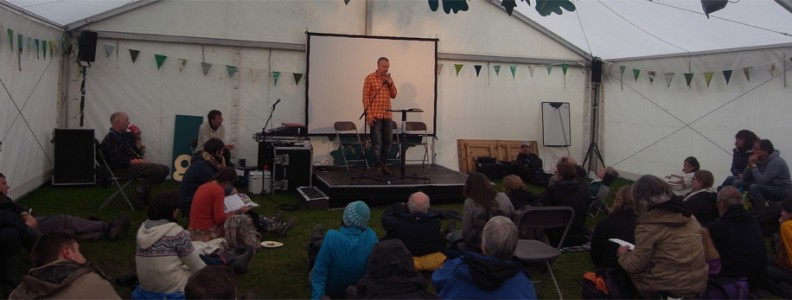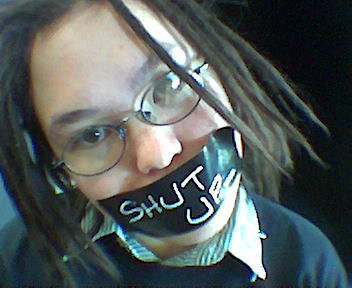‘Mummy!’ screamed her five-year old daughter.
She looked up from her iPad. ‘What now?’
‘Look!’
Through the windscreen she saw a group of children crossing the road slowly, sliding around on the ice.
The driverless car wasn’t braking.
She’d forgotten to ask the hire company if this model was programmed to prioritise pedestrians or passengers. It would make a choice – her daughter or the kids playing in the road – but she didn’t know which one.
She could override it by taking control of the steering. But, her driving ability was far inferior to the car’s algorithm. She glanced at the rock face on one side and the cliff edge on the other.
He daughter screamed again, ‘Mummy!’
She grabbed the wheel.
A driverless car has to choose between passengers and pedestrians. Which will it be? #SciFi Click To Tweet
If you liked this you might also like S{t}imulation, Foodflix and Joined At The Chip. The three free stories in the collection, Human Enhancement: Sex, Drugs and Marriage.
photo credit: Highway 101 via photopin (license)



